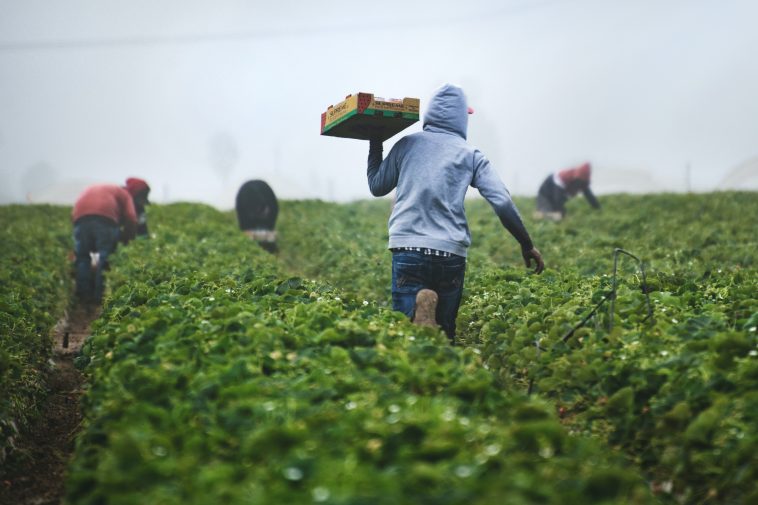During her recent trip to Zambia, US Vice President Kamala Harris noticed a Zambian fintech company called Lupiya. Lupiya has been a big part of helping small farmers in Zambia get loans to invest in farming methods and tools that can withstand the effects of climate change.
Vice President Harris praised Lupiya for helping small farmers in Zambia use methods that are good for the environment and help the economy grow. As a result of the company’s work, crop yields have increased, soil health has improved, and greenhouse gas emissions have decreased. At the same time, rural areas now have more stable ways to make a living.
Lupiya is backed by Enygma Ventures, a US-based venture capital firm that has invested more than $2 million in a seed round. It has also worked with Mastercard to deliver cash displacement solutions to increase financial efficiency in rural areas across Africa.
Evelyn Chilomo Kaingu, a 2016 graduate of Cavendish University in Zambia with a degree in economics, founded Lupiya. This branchless, digital microfinance platform uses technology to make borrowing simpler and more accessible for individuals and businesses around Zambia.
Lupiya is an online platform that gives micro-loans to people and small companies, especially micro-entrepreneurs who are women. The company works with people of all ages and backgrounds in Zambia, giving them help with the best types of financing for their needs.
Lupiya has raised more than $5 million and is now in the middle of a Series A fundraising round to raise another $10 million. Lupita was the first company that Google’s prestigious Google Black Founders Fund helped in 2021.
Lupiya has raised more than $5 million and is now in the middle of a Series A fundraising round to raise another $10 million. Lupita was the first company that Google’s prestigious Google Black Founders Fund helped in 2021.
In an interview with Afrikan Heroes, Kaingu talked about how Lupiya worked and advised on how to raise money and get around the Zambian startup scene. Even though Zambia has a small banking system and a low rate of internet use, Lupiya has been able to bring customers online, she said, by finding partners, focusing on specific customer groups, and putting in physical work.
Lupiya’s work fits in with the bigger goals of the United States, which are to support sustainable development, improve food security, and help vulnerable areas become more resilient to climate change. Vice President Harris talked about how important it is for countries to collaborate and share information to create and use sustainable farming practices.
She said that she hoped Lupiya’s example would lead to similar projects worldwide, which would help reduce the effects of climate change on food supply. The US government has pledged $7 billion to help smallholder farmers in Zambia access funding, insurance, and climate information services, among other things.





